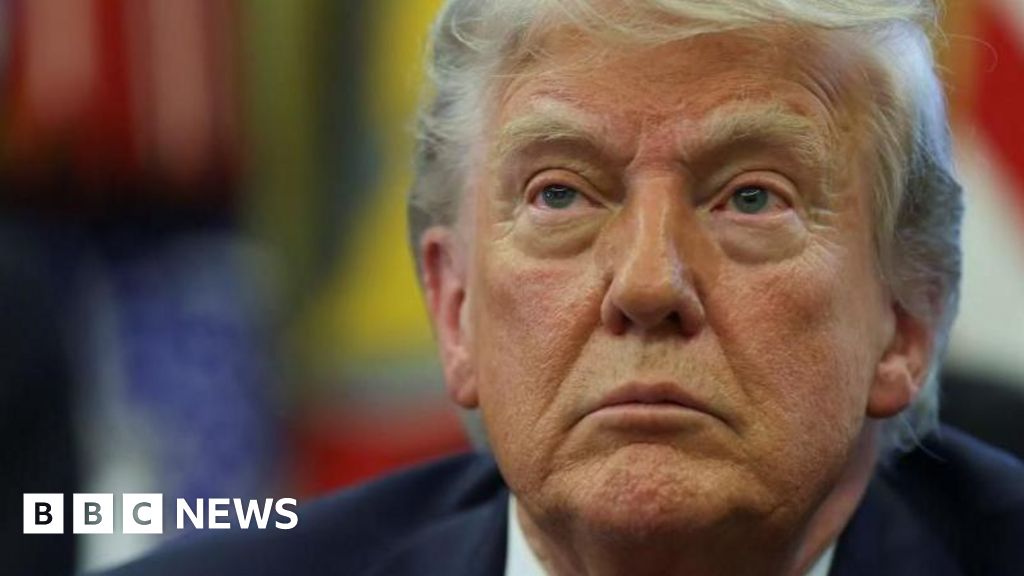Texas Governor Signs ‘Texas DOGE’ Into Law to Cut Regulations, Boost Government Efficiency
Senate Bill 14 creates the Texas Regulatory Efficiency Office within the Office of the Governor and has been characterized as the Texas version of the federal Department of Government Efficiency (DOGE) created by President Donald Trump and led by businessman Elon Musk.
The new office is tasked with identifying outdated or duplicative rules, assisting state agencies in simplifying regulatory procedures, and establishing public access to rulemaking processes through a centralized online portal.
The governor added that the office would make the government more efficient and less costly and that the state would operate “at the speed of business.”
The bill also establishes a Texas Regulatory Efficiency Advisory Panel composed of members of the business community, academia, and regulatory law to support the office’s mission. The new office will produce regulatory analysis manuals and reduction guides, and coordinate with other state entities to improve transparency and consistency.
Abbott said the measure is important for the state’s economic health and limiting regulations.
In a speech on the House floor earlier in the session, Harrison said, “The point of DOGE is to cut government, reduce spending, and shrink the bureaucracy. Unfortunately, this bill does the exact opposite.”
Republican Lt. Gov. Dan Patrick dubbed the measure “DOGE Texas-style,” and said it is about cutting red tape and saving taxpayer dollars.
“Texas DOGE will ensure the Texas Miracle continues long into the 21st century,” said Patrick in a statement. “Texans understand that by cutting red tape, more money stays in the pocket of taxpayers. Our conservative approach to regulation will keep Texans prosperous and our state the best place to do business in America and across the globe.”
Speaker of the House Dustin Burrows, also a Republican, called the law a win for transparency and government accountability.
“A major theme of this session is government efficiency, and today the state is delivering on its promise to cut red tape and empower Texans with greater oversight of their government,” said Burrows in the statement. “As the first bill signed by Governor Abbott into law this session, the Regulatory Reform and Efficiency Act brings our state into the 21st century in terms of government rulemaking and will strengthen economic opportunity.”
The law includes provisions for a biennial report from the office to state leadership and a mandate for rulemaking procedures to be written in plain language. It also removes judicial deference to agency interpretations of law in many court cases, allowing judges to review agency rulemaking.
Jeff Burdett, state director for the National Federation of Independent Business, called the bill “a historic step for Texas small businesses.” Glenn Hamer, president and CEO of the Texas Association of Business, said the law follows key recommendations from the Governor’s Small Business Freedom Council and called it “a model for the nation.”
















